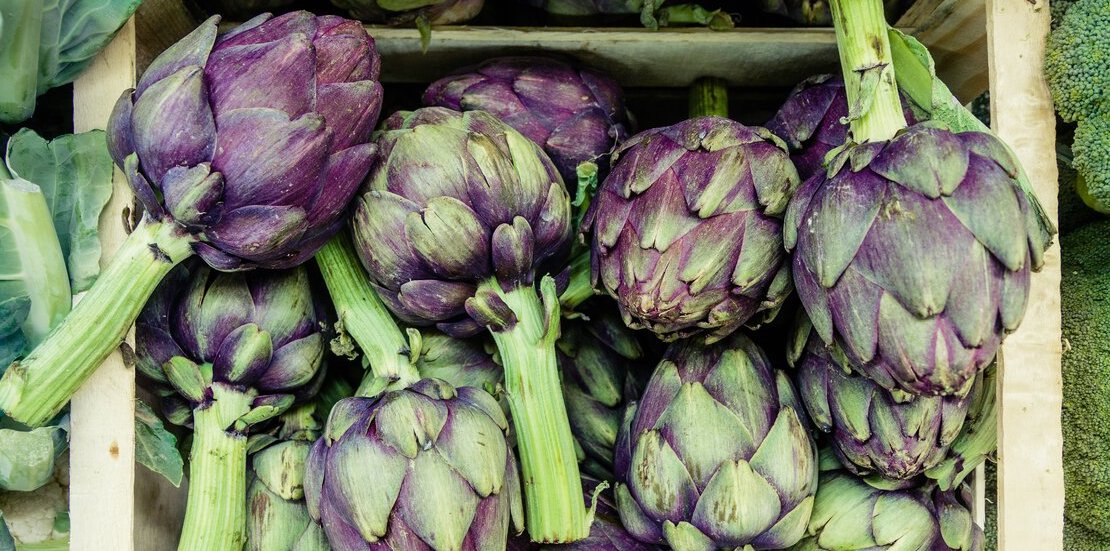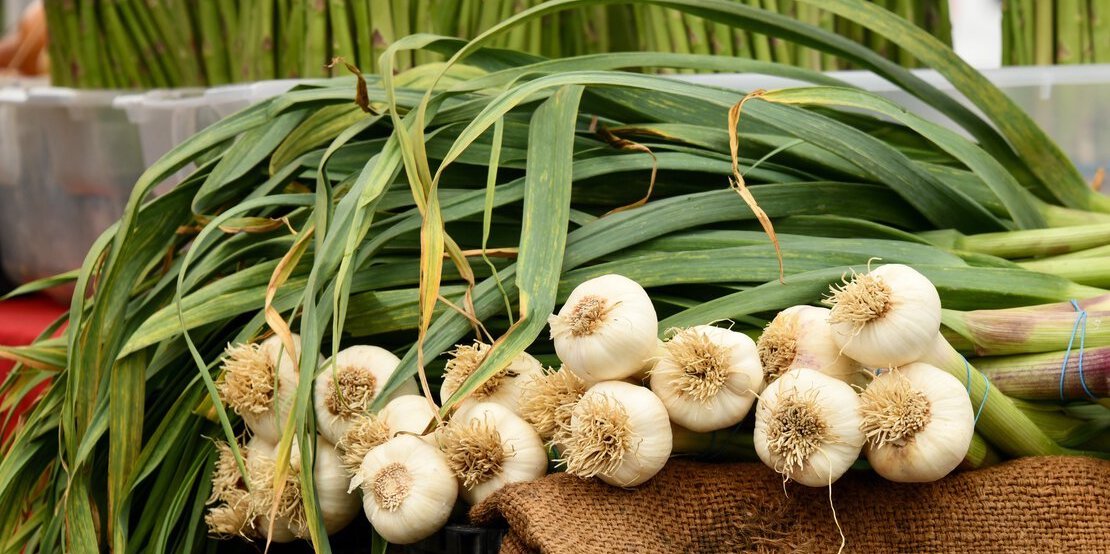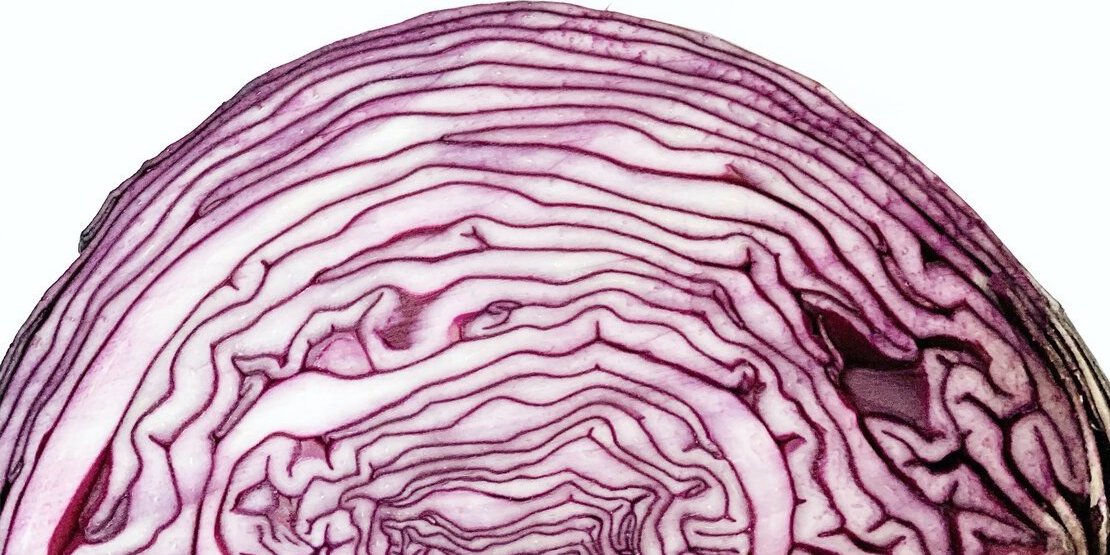I made a free food allergy translation app
I travel a lot, which has historically meant buying new food allergy cards for each country if I..

FODMAP stands for fermentable oligo-saccharides, di-saccharides, mono-saccharides and polyols and is a diet protocol used to treat IBS-like symptoms. If you have symptoms related to IBS, including digestion issues resulting in bloating, gas, stomach pain, or diarrhea and constipation, trying a low FODMAP diet may be helpful. While low FODMAP diets are not necessarily gluten free, they do remove wheat, barley, and rye, and some dairy products, because the type of carbohydrates in these foods are difficult to digest for the IBS sufferer.
It’s common for people to be misdiagnosed with IBS rather than celiac disease, due to the similarity of symptoms. However, it should be noted that IBS and Celiac disease often do go hand in hand, so you might be dealing with both. If you’ve tried either a low FODMAP diet or a gluten free diet and still have gastrointestinal issues, a low FODMAP diet that is also gluten free may be worth a try to see if it improves your symptoms.
Unfortunately, there are a pretty large range of high FODMAP foods. This list covers most of the basics, but it’s always worth researching FODMAP content before consuming a new food if you have IBS. Most people recommend an elimination phase of 2-6 weeks that’s quite strict if you’re newly diagnosed with IBS, followed by a reintroduction phase to see how you react when bringing certain foods back into your diet.

onions, shallots, scallions, leek bulbs
mushrooms (button, portobello, shiitake, red pine)
garlic
artichokes
asparagus
cauliflower
brussel sprouts
snow peas, sugar snap peas
sun dried tomatoes
wheat, barley, rye
high lactose dairy products
soy milk, tofu
chicory root
inulin
apples, pears
peaches, nectarines, plums
dates, prunes and most dried fruits
blackberries, boysenberries, cherries
ripe banana
grapefruit
mango
persimmon
watermelon
cashews, pistachios
high fructose corn syrup, agave syrup
xylitol
rum
It’s worth noting that there are some risks associated with a low FODMAP diet. By limiting high FODMAP foods, you’ll be greatly reducing your consumption of prebiotics. Prebiotics are the substances that help promote growth of good gut bacteria in your gut. If they’re entirely removed from your diet, this could cause an imbalance of bacteria in your digestion. For this reason, a low FODMAP diet should only be used in cases to treat adult IBS symptoms, with supervision by a health professional recommended.
The list below provides specific foods that contain prebiotics that are also low in FODMAPs, which can help. Portion size is key here, and you want to keep certain prebiotic foods to 1/4 to 1/2 cup per serving.

Two prebiotic food hacks:
FODMAPs are water soluble. This means that canned foods that are high FODMAP when fresh will have reduced FODMAP content after rinsing off the liquid used in the canning process. This is especially helpful for beans.
Resistant starch is created in foods like rice and potatoes when they’re cooked and cooled before being eaten. This does not apply to starch sources that haven’t been cooked, cooled, and reheated before being eaten. Batch cooking and eating reheated potato and rice leftovers is a very easy way to add prebiotics to your existing diet.
red cabbage
kiwi
unripe bananas
zucchini
eggplant
spaghetti squash, acorn squash, butternut squash
small serving of tomatoes
certified gf oats
resistant starch sources, like cooked, cooled, & reheated rice or potatoes
small serving of canned & rinsed chickpeas or lentils
small serving of chia seeds or pumpkin seeds
quinoa
There are tons of creative low FODMAP and gluten free recipes, and a low FODMAP diet can be surprisingly easy to accommodate if you’re already familiar with gluten free cooking. If you’re someone who needs to eat low FODMAP as well as gluten free, we’d highly recommend checking out our compilation of gluten free low FODMAP recipes. These include vegan, keto, and dairy free options!